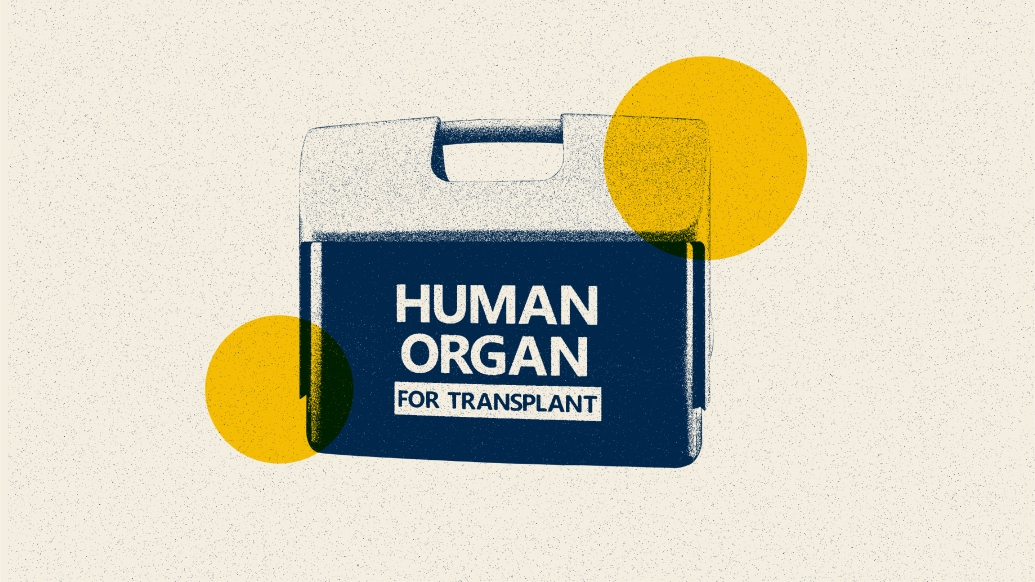20-center study defines factors that may contribute to worse transplant outcomes in patients who experience complex disease after a Fontan surgery
9:00 AM
Author |

Babies born with only one functioning heart ventricle often undergo a surgical procedure that creates a path for blood to return directly to their lungs for oxygen.
This surgery for congenital heart patients, known as the Fontan, can be very successful. However, if the working ventricle is not strong enough to pump all blood to the body after surgery, these children are at high risk of circulatory failure – which can lead to needing a heart transplant.
Patients who experience this condition following the Fontan continue to have a high risk of death from the time they’re waitlisted for a new heart through receiving the transplant, according to a 20-center study led by Michigan Medicine. And one specific complication called cyanosis – or experiencing less than normal oxygen blood levels – was associated with worsened survival.
The study was reported at the annual American Heart Association Scientific Sessions in Philadelphia where it received an outstanding research award.
“Fontan circulatory failure is a complex disease in patients with Fontan that affects all organs in the body and often becomes so severe that heart transplant is necessary. But it also likely contributes to challenging outcomes after transplant,” said lead author Kurt Schumacher, M.D., pediatric cardiologist and medical director of the pediatric heart transplant program at University of Michigan Health C.S. Mott Children's Hospital.
“We collaborated with peers across the country to better define the disease and then see how it affected survival before and after heart transplant.”
Fontan circulatory failure is a complex disease in patients with Fontan that affects all organs in the body and often becomes so severe that heart transplant is necessary. But it also likely contributes to challenging outcomes after transplant.” Kurt Schumacher, M.D.
The study included 409 patients aged 2-58. Roughly 6%, or 24, died while on the heart transplant waitlist. Of the 316 (77%) who underwent a transplant, 27 (8.5%) did not survive to one year.
The biggest risk factors associated with worse survival outcomes included more than one hospitalization for Fontan circulatory failure in the year prior to going on the heart transplant list and cyanosis.
Notably, other morbidities from Fontan circulatory failure didn’t appear to impact post-waitlist survival, including protein-losing enteropathy, plastic bronchitis, and kidney disease.
It’s been widely known that Fontan circulatory failure is a chronic state with high mortality and morbidity, including heart failure, but these specific morbidities had not been rigorously defined before. This gap in research limited knowledge on how such complications impacted pre-and post-transplant outcomes, Schumacher says.
“These findings help us better understand how specific morbidities from this condition are associated with worsened survival,” Schumacher said.
“We need further research to expand on these findings to guide providers referring patients for heart transplant consideration.”

Explore a variety of health care news & stories by visiting the Health Lab home page for more articles.

Department of Communication at Michigan Medicine
Want top health & research news weekly? Sign up for Health Lab’s newsletters today!





